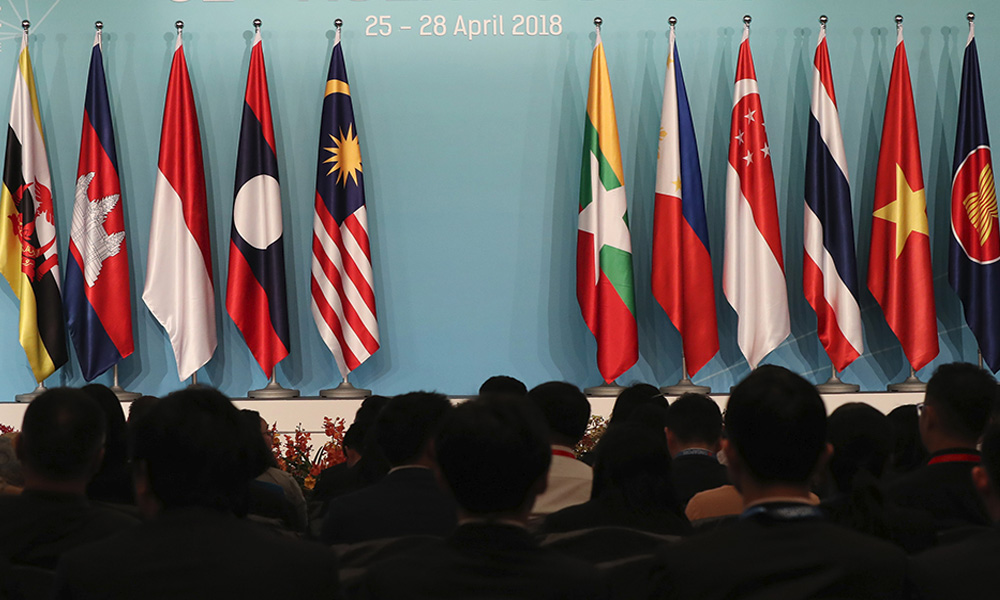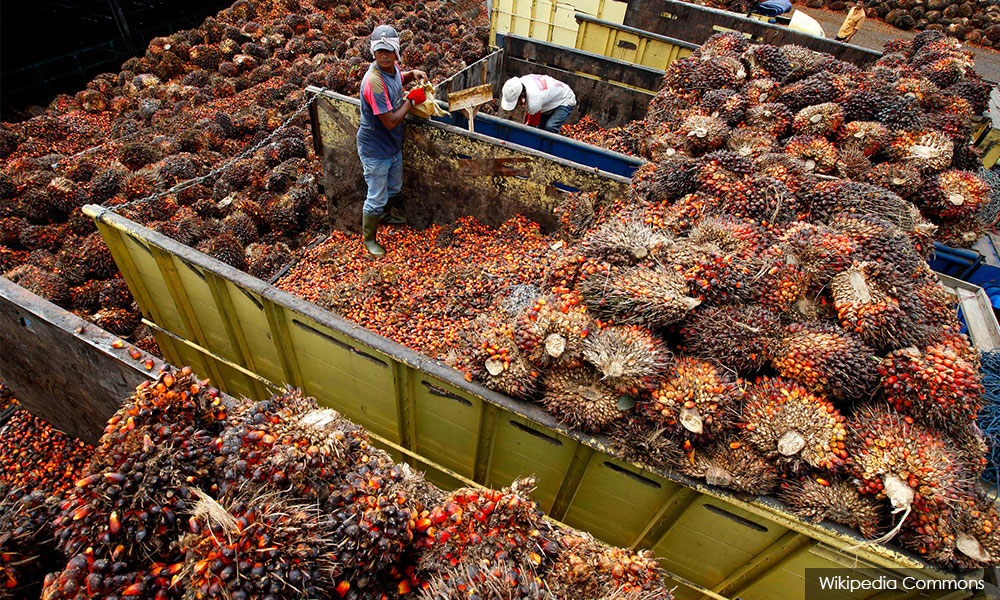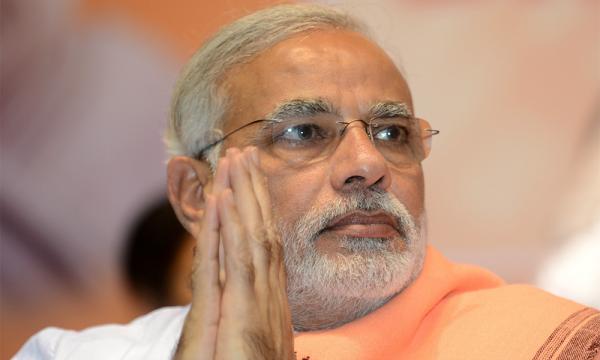COMMENT | Prime Minister Narendra Modi ought to be congratulated for winning handsomely in his May 2018 re-election campaign. But the plaudits, for now, stop there.
The media that support him, such as the News X, anchored by Rishabh Gulati, has been broadcasting a clip (nearly five minutes long) that India must support any Hindus in Malaysia that are up in arms against Prime Minister Dr Mahathir Mohamad.
The reasons offered by the diatribes include punishing Malaysia for supporting Pakistan and for not chastising Islamabad for its support of ostensible terrorist movements against India. Thus India, which is experiencing a trade deficit of merely US$5 billion with Malaysia, should not buy any palm oil from Malaysia.
Instead, all the palm oil which is needed by India to be manufactured into ghee, soap, vegetarian oil and potentially bio-fuel, should be purchased from Indonesia. This is where Modi's policy goes wrong and has been hijacked by incendiary anchormen such as Gulati.
First and foremost, Gulati affirmed that there is a trade war between the US and China, which judging from his tone of language can deeply affect India too.
That would suggest all trade wars or the sheer weaponisation of trade issues are bad. They raise tariff and non-tariff barriers, and they trigger a dyadic trade relationship that is toxic on the rest of the global value chain, including India. If that is an economic fact, why should India emulate the example of Washington DC and Beijing?

Secondly, perhaps most importantly above all else, there is an unsaid yet practical principle in Asean that countries which want to be a part of the thriving regional block of 680 million people cannot throw their support to any opposition in the region.
Modi has a "Southerly Policy" concerning Asean since 2015 and is a member of the East Asian Summit, a dialogue partner of Asean. India is destroying a key principle of its diplomatic engagement. Not only will the whole of Asean oppose it, but the rest of the East Asian region will see India's behaviour as the beginning of the use of "hatchet diplomacy".
Thirdly, the conflict between India and Pakistan is not merely a conventional weapons stand-off but a nuclear eye-to-eye standoff. In such a conflict, the likes of Malaysia are needed as a friendly third party to reduce the tension of the two and not to ratchet up the rivalry of the couplet.
Insisting that Putrajaya must side with New Delhi at all cost suggests a bigger economic juggernaut imposing a zero-sum economic and diplomatic game on not just Malaysia but ultimately, the whole of the region.

Besides, much of Indonesia's palm oil is owned and sold by Malaysian companies such as IOI and Genting. Will India, to satisfy its egoistical objectives, be buying selectively only from Indonesian palm oil producers without Malaysian equity and partnership?
The current prices of palm oil are influenced by the consumption pattern of India and China. Indonesia and Malaysia, which together sell 90 percent of the palm oil in the world, do have an understanding not to be pressured by other countries. Instead, it is Indonesia and Malaysia that hold the upper hand as Jakarta and Putrajaya are not necessarily agreeable to New Delhi's strong-arm tactics.
An Indian foreign policy which seeks to be pro-Asean and pro-East Asia - both of which India is intimately involved in - cannot begin by targeting any one country in the region on sheer political discrimination.
In fact, this is against the practice of the World Trade Organization (WTO), which Malaysia is liable to seek legal redress. An eye for an eye makes the world go blind.
Amidst its Hindu nationalism, New Delhi has become blinded by its electoral victory. If it is not careful, India can end up in a nuclear flash with Pakistan which is what Mahathir, Malaysia and the rest of the world are trying to prevent.
RAIS HUSSIN is a supreme council member of Bersatu. He also heads its policy and strategy bureau.
The views expressed here are those of the author/contributor and do not necessarily represent the views of Malaysiakini.


